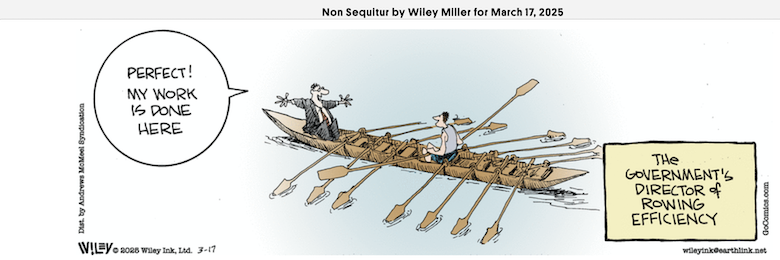Trump has ordered the release of a whole trove, over 80,000 pages, of formerly classified CIA and FBI documents purportedly dealing with the assassination of president Kennedy in 1963. The killing has been the source of endless conspiracy theories about who was responsible, throwing doubt on the official Warren Commission finding that it was the work of Lee Harvey Oswald working alone.
David Price has done a quick sampling of the documents and estimates that less than 20% of them deal with the actual events leading up to that day and those who are expecting bombshell revelations are going to be disappointed. However, he says that there is a lot on interesting information that is revealed about how the CIA (and FBI) operates because Trump has released information that is usually redacted.
[Read more…]

